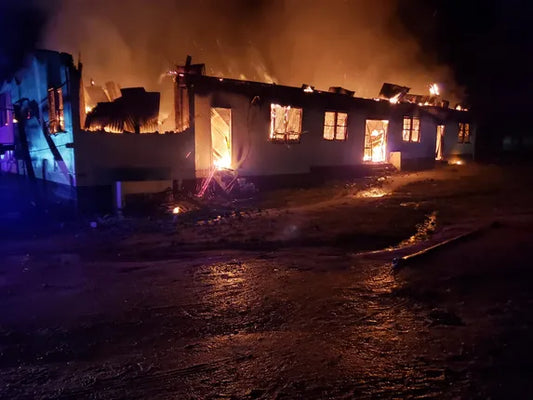Farming is an essential part of Guyana's economy and plays a crucial role in providing food for the country's population. Many Guyanese farmers work tirelessly to ensure that their families and communities have access to fresh, locally grown produce.
The daily routine of a Guyanese farmer is physically demanding and often begins before sunrise. Farmers wake up early to tend to their crops and animals, which may include rice, sugar cane, livestock, or other crops. They work long hours, often in the hot sun, to ensure that their crops are healthy and ready for harvest.
One of the challenges that Guyanese farmers face is the lack of resources and infrastructure. Many farmers struggle with limited access to water, electricity, and transportation, which can make it difficult to maintain their crops and bring their produce to market. Despite these challenges, farmers in Guyana are known for their resilience and resourcefulness.
Sustainable farming practices are also an important aspect of agriculture in Guyana. Many farmers prioritize soil health and water conservation, using natural fertilizers and composting to minimize their environmental impact. Some farmers also practice agroforestry, which involves growing crops alongside trees to promote biodiversity and soil health.
The rewards of farming in Guyana are numerous, with many farmers taking pride in providing for their families and communities. Some farmers also participate in farmers' markets or sell their produce to local businesses, helping to support the local economy.
In conclusion, the daily routine of a Guyanese farmer is physically demanding and often filled with challenges, but it is also rewarding and essential to the country's economy and food security. By practicing sustainable farming techniques and working tirelessly to provide fresh, locally grown produce, Guyanese farmers play a vital role in their communities and beyond.







